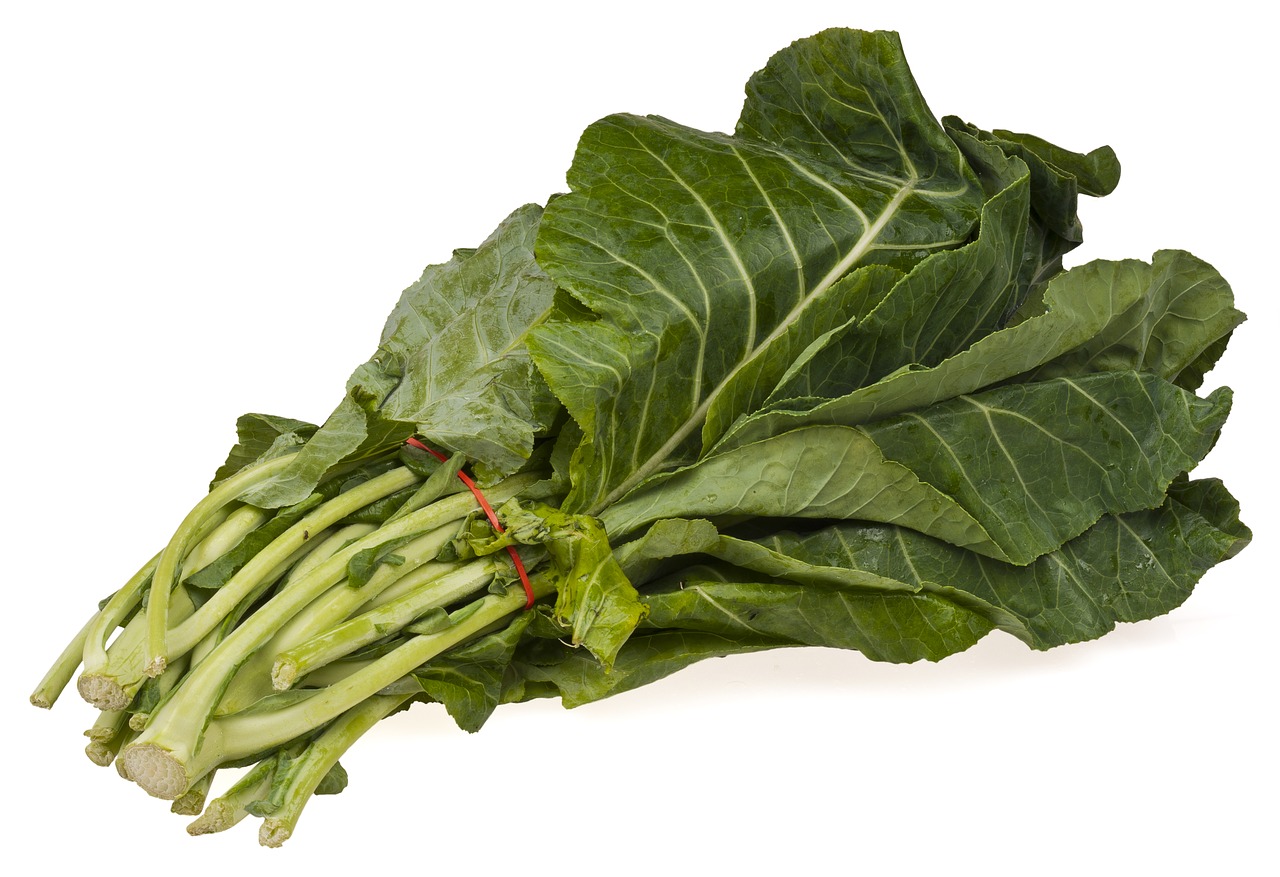
Easy to Grow Collard Greens My Health Maven
Because collard greens are at their most flavorsome and sweet when they are young and tender and when there's a chill in the air, plan to sow the seeds in time for a spring or late fall harvest. To harvest a full-head collard (the whole plant rather than individual leaves), wait until there are at least 16 to 20 mature leaves on the plant.

Free Images flower, food, green, produce, botany, leaves, head
Bring to a boil; reduce heat, cover, and simmer 20-30 minutes. Wash & cut the collards: While the cooking liquid simmers, wash and cut the collard greens. Separate the collard leaves; place in a very large bowl or clean sink and cover leaves with warm water. Add 2 teaspoons salt to act as a scrubbing agent.
Collard Greens A Southern Soul
The Spruce / K. Dave. How to Plant Collard Greens . You can start collard plants from seed or nursery transplants. Start seeds outdoors about two weeks before your last spring frost date or get a head start by sowing seeds indoors, four to six weeks earlier, and planting the seedlings right around your last frost date—these plants can readily handle chilly spring weather.
:max_bytes(150000):strip_icc()/how-to-grow-collard-greens-4125810-1-6c6d59f637974277b297d7e4f9c1a922.jpg)
How to Grow and Care for Collard Greens
Dice 1 large yellow onion (about 2 cups). Cook the collards. After 2 hours, transfer the ham hock to a plate to cool. Add the collards to the ham broth and bring back to a simmer. Partially cover and cook at least 45 minutes for chewy collards, or up to 2 hours for silky-soft collards. Meanwhile, cook the onion.
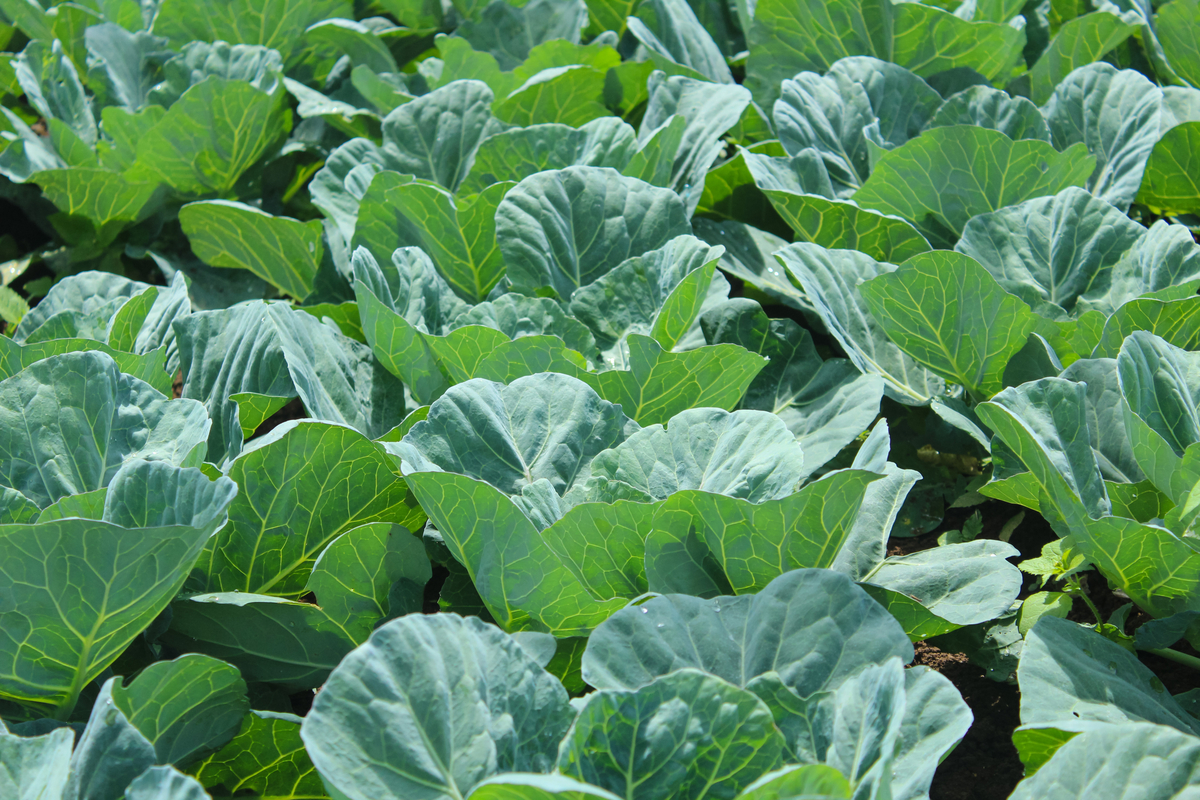
How to Grow Collard Greens HappySprout
1 teaspoon apple cider vinegar. tb1234. Wash the collard greens under cold water and remove the thick, fibrous stems. Put the bacon in a large, hot pot and cook for five minutes until crisp. Remove half of the cooked bacon from the pan and set it aside to use later.

How to Grow Collard Greens The Complete Guide
Harvest collards as you would kale. Pick outer leaves first and once the leaves reach their desired size. The plant will continue to grow and produce throughout the season, so don't cut at its base. Collards are generally ready to harvest 60-80 days after planting when leaves reach 12 inches tall.
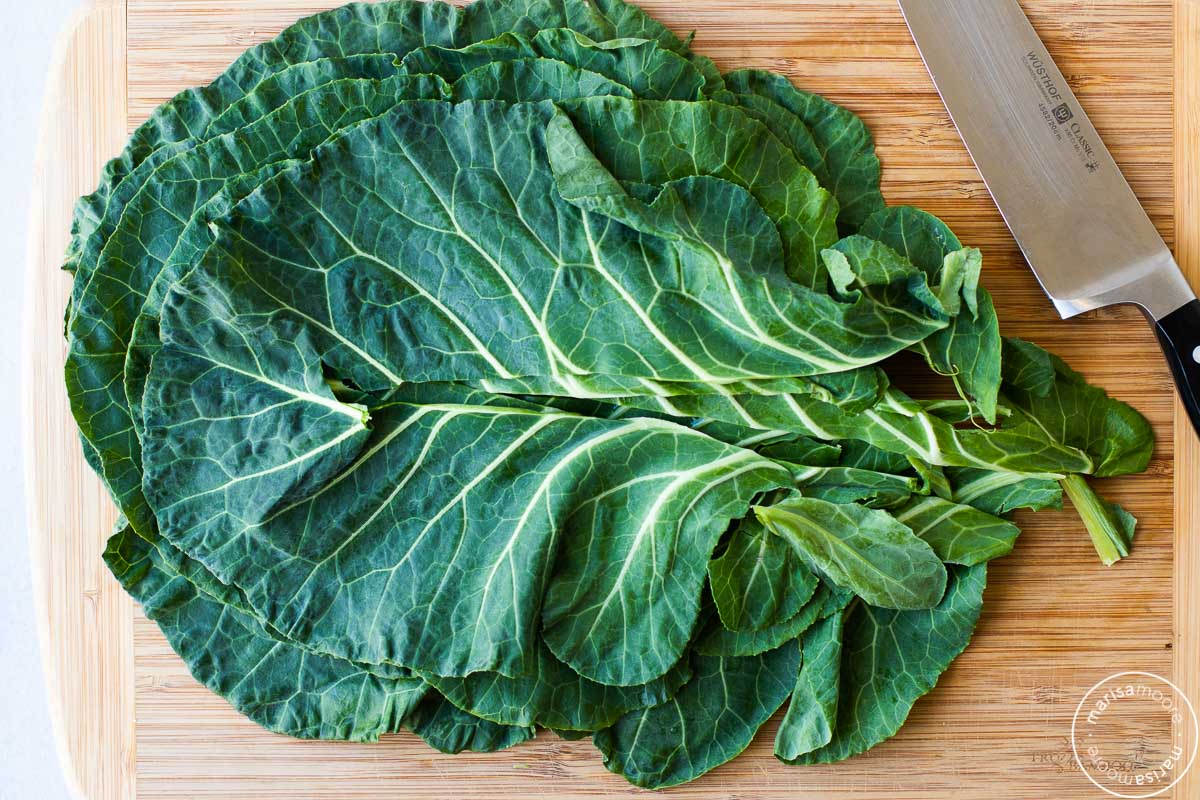
How to Cut Collard Greens Marisa Moore Nutrition
In colder climates, when the soil temps are between 50ºF and 80ºF, sow in late spring for a fall harvest. Sow seeds ¼ to ½ inch deep, in rows spaced three feet apart, and cover with fine soil. Depending on the conditions, germination occurs in six to eighteen days. Thin seedlings to six inches apart and allow them to continue to grow.
:max_bytes(150000):strip_icc()/collard-5885420f5f9b58bdb3936a36.jpg)
Helpful Tips for Growing Collard Greens Anywhere
Bring to a boil over medium-high heat. Boil for 45 minutes or until the hocks are fall-apart tender. Then, remove ham hocks from pot and shred meat. Add meat back to pot and discard bones. Place greens and cabbage in pot, cover, and reduce heat to medium-low. Simmer for 1 hour until mixed greens are tender.

Collards gain Medallion award, thrive in the state Mississippi State
Instructions. Add bacon in a large skillet and cook over medium heat until browned on both sides, about 3-4 minutes. Add onion and garlic and sauté until fragrant, about 1 minute. Toss in the collard greens and season with salt. Stir well to coat and cook until wilted, about 2-3 minutes. Add water and lemon juice.
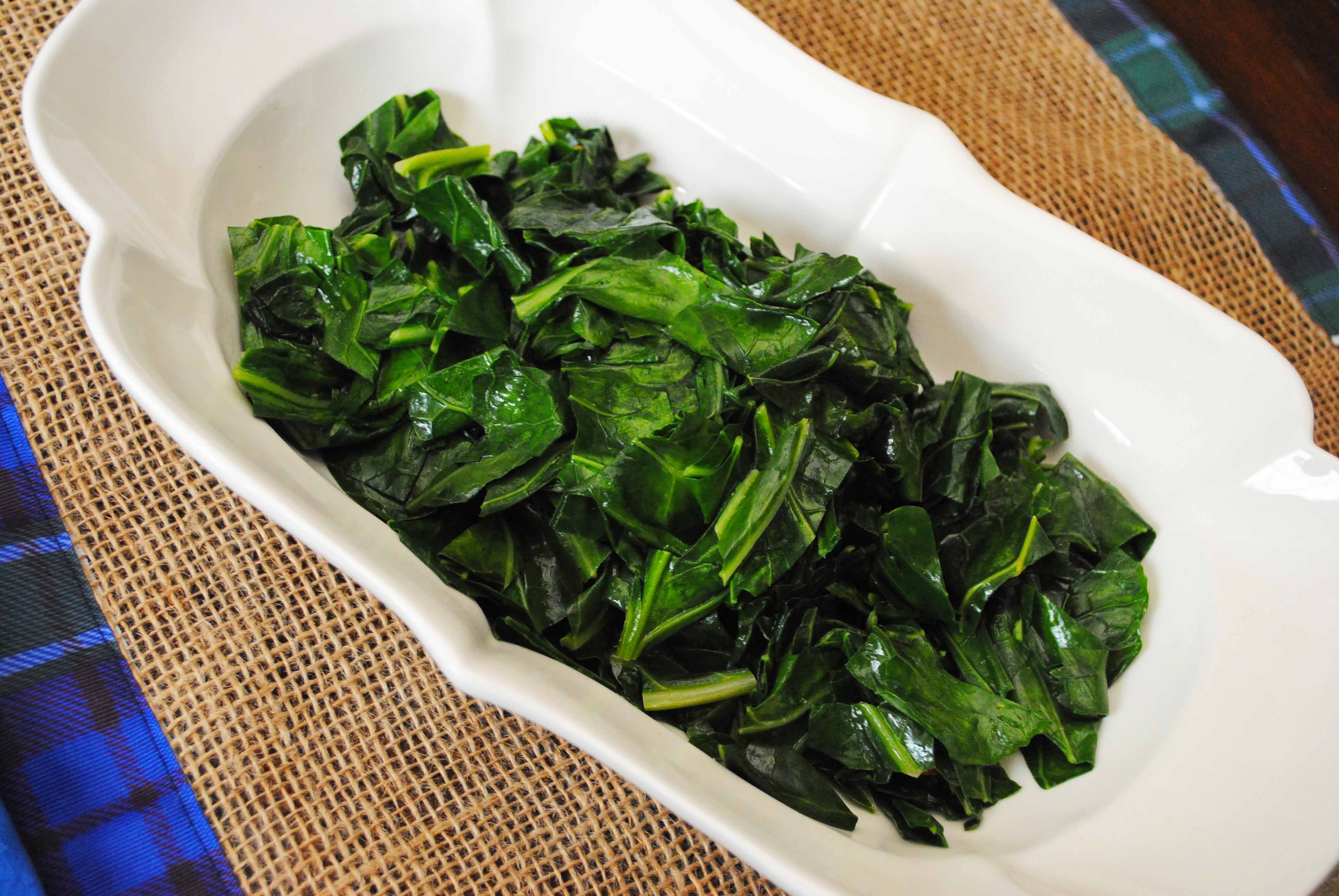
Quick Cooking Collard Greens The Anchored Kitchen
Render the bacon with the onions, garlic, and turnips until the onions are translucent, 5-8 minutes. Then add the collards and sauté another 10 minutes. Add the chicken and vegetable stock, nutmeg and vinegar, bring to a boil. Reduce and simmer for 30 minutes. Season with salt and pepper to taste.
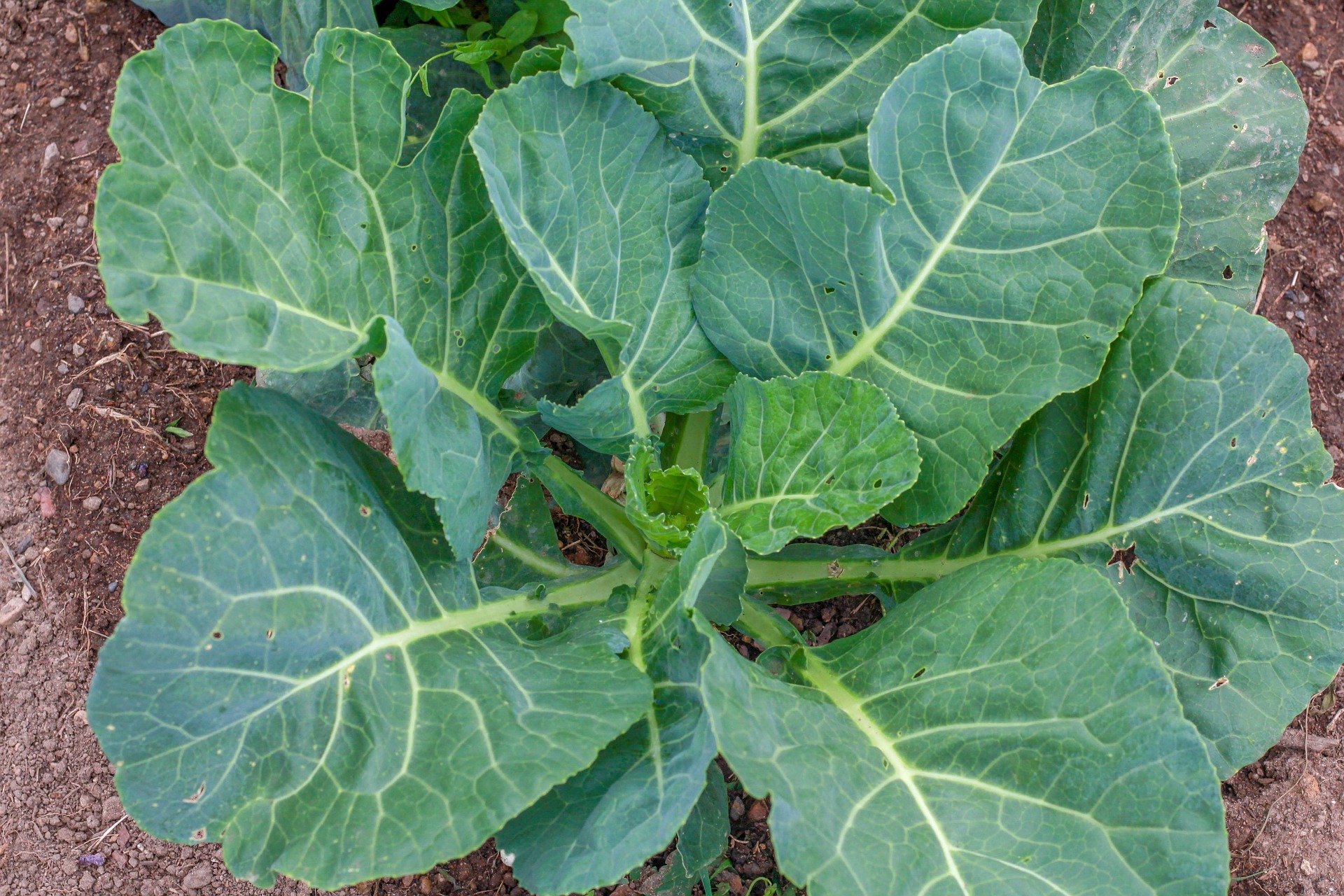
Learn how to plant, grow, and harvest collard greens
The tender young leaves in the heart of the collard greens do not need to be stripped. Discard all stems. Set collard greens aside until ready to cook. Place ham hocks in an extra-large pot with enough water to completely cover them. Add salt and cook ham hocks 30 to 60 minutes before adding the collards greens.
:max_bytes(150000):strip_icc()/collardgreens-2f6aa6f8df6847f480fc5c259598fae7.jpg)
How to Grow and Care for Collard Greens
Rigorous heirloom variety with excellent bolt-resistance. This variety is called "Cabbage Collards" by Southern old-timers, because it makes loose heads that are dark green and slow bolting. Tender leaves are very delicious; a popular heirloom that is fast growing. Brassicaceae Brassica oleracea var. acephala. Pin It. Overview.
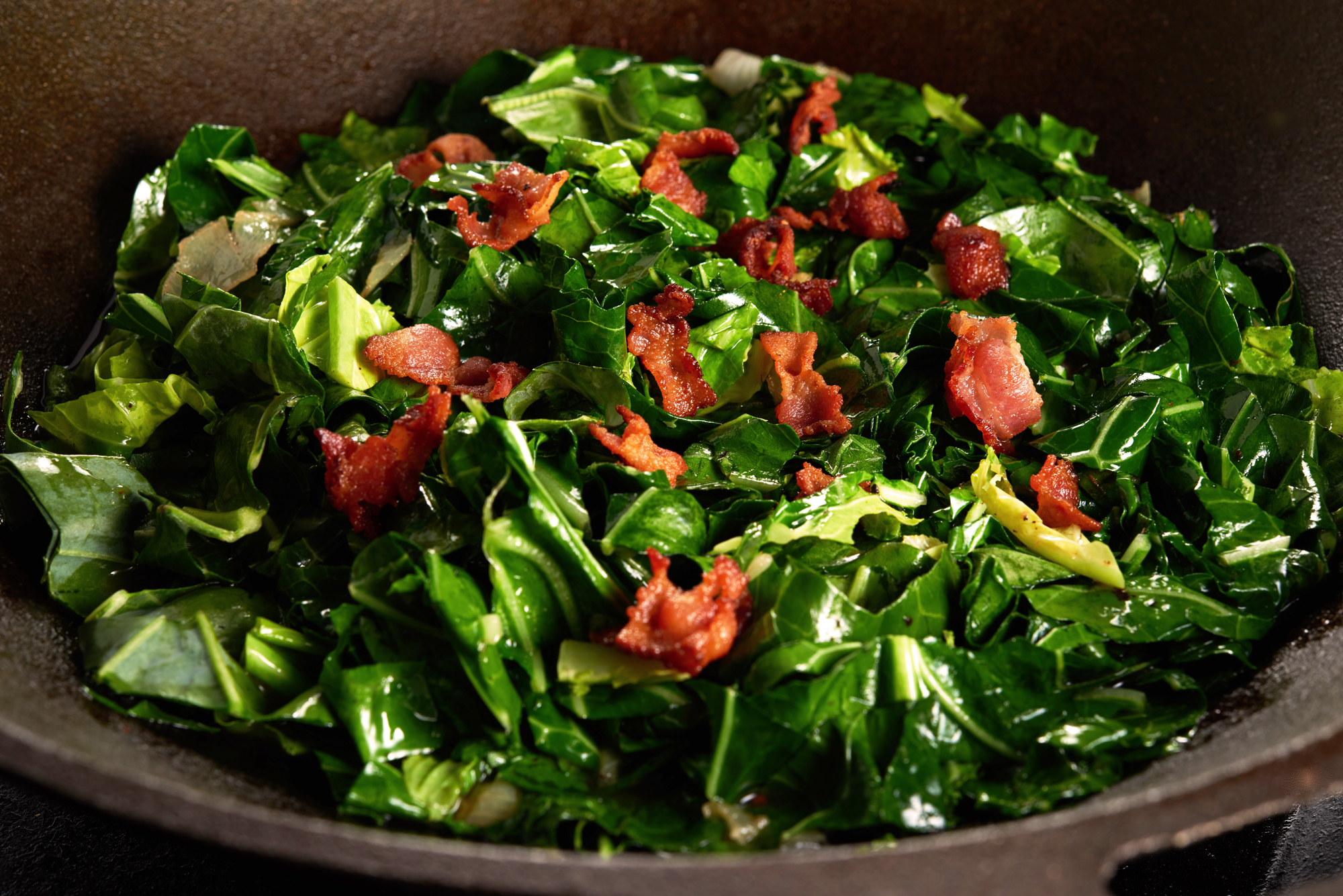
Braised Collard Greens Recipes Camellia Brand
Collard greens, or collards, are a leafy green cruciferous vegetable, also known as Brassica oleracea, which is actually a family of plants that includes cabbage, Brussels sprouts, broccoli, and kale. Collard greens come in loose leaf or loose head varieties, rather than tight heads like you see on cabbages.
:max_bytes(150000):strip_icc()/__opt__aboutcom__coeus__resources__content_migration__simply_recipes__uploads__2005__12__collard-greens-vertical-a-1600-1-370d08b48fa2422ea910e84561450452.jpg)
Easy Collard Greens Recipe
Instructions. Cook bacon in a large stockpot or Dutch oven over medium heat for 10-12 minutes, or until almost crisp. Add onion, and sauté until translucent, about 7-8 minutes. Stir in garlic and sauté 1 more minute. Add broth, collard greens, vinegar, sugar, salt, and pepper.
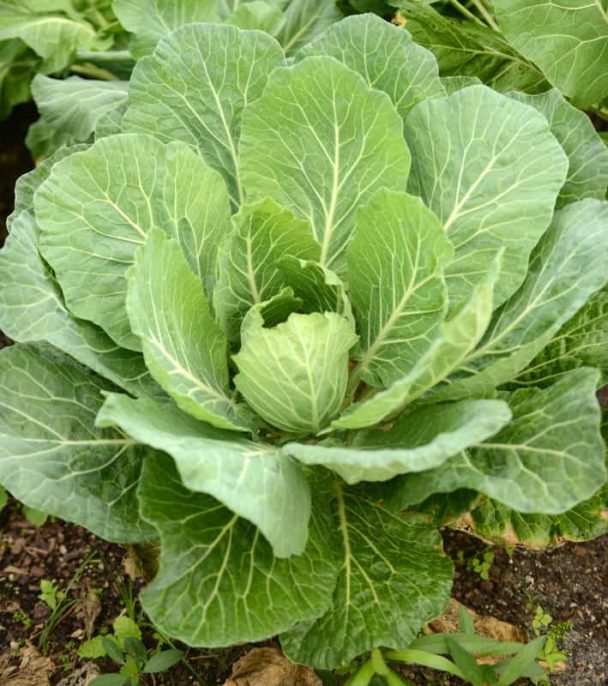
How to Plant and Grow Collards Harvest to Table
The collard sandwich—consisting of fried cornbread, collard greens, and fatback—is a popular dish among the Lumbee people in Robeson County, North Carolina. Brazil and Portugal Caldo verde, a popular Portuguese soup made with collard greens. In Portuguese and Brazilian cuisine, collard greens (or couve) are a common accompaniment to fish.

Recipe of the Week SouthernStyle Collard Greens Pittsburgh North
Morris Heading Collard Greens. 55-85 days. An heirloom favorite with a delicious flavor, Morris Heading has broad, waxy, blue-green leaves with light green veins. Producing a loose head somewhat like a Cabbage but with a taller stem, it is considered to be a "heading" type. Very slow to bolt in heat, Morris Heading grow to 24" to 36" tall.